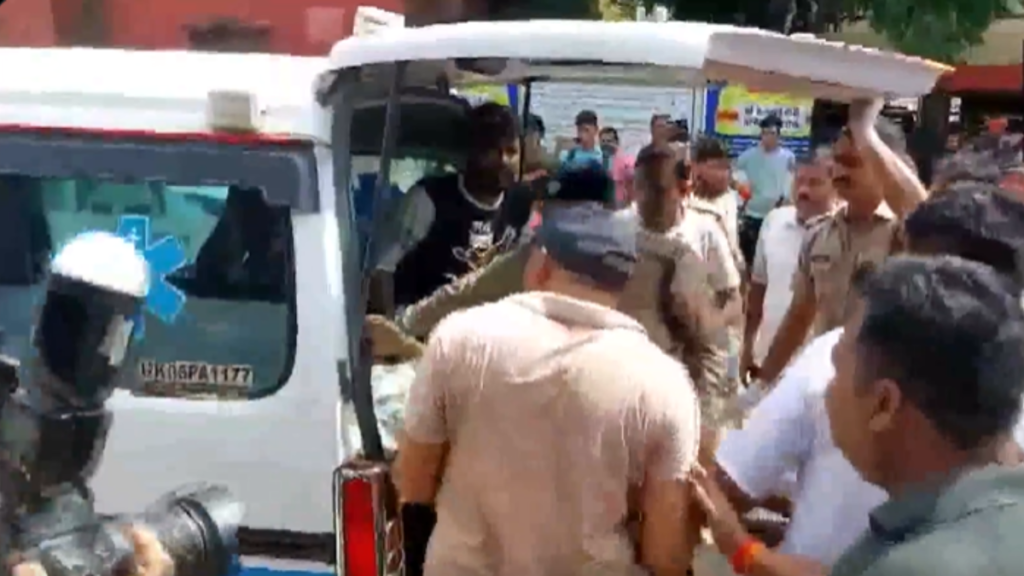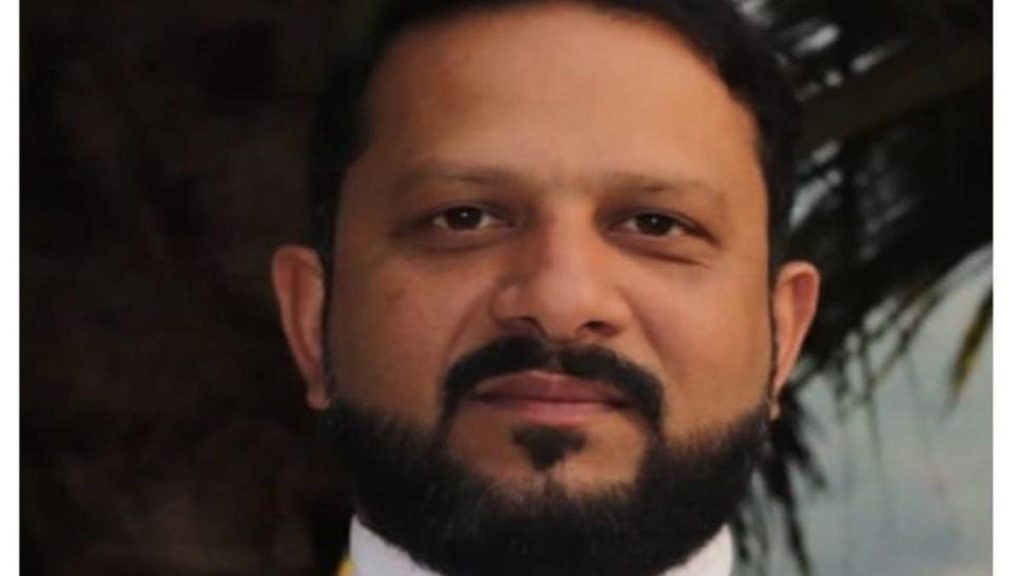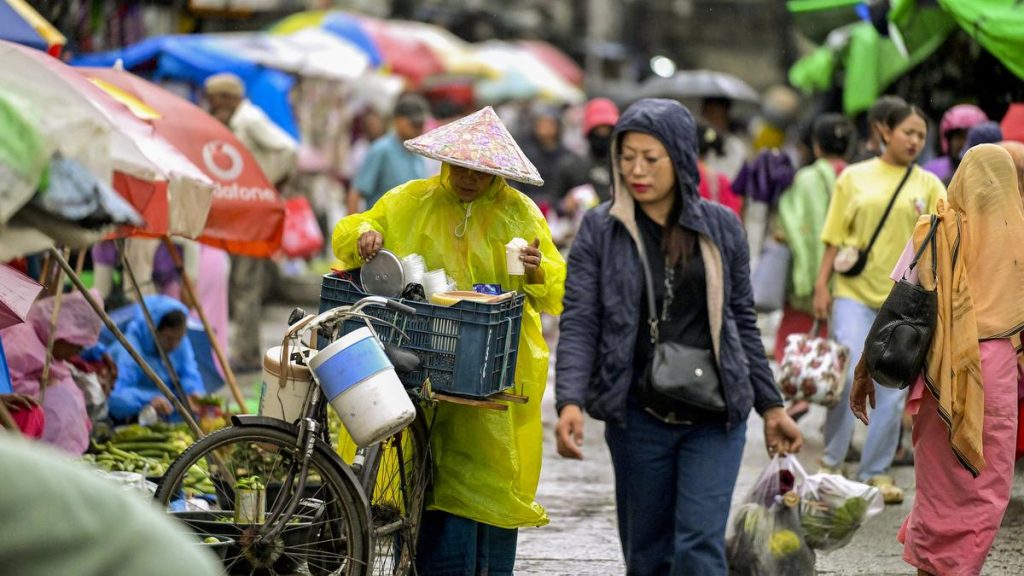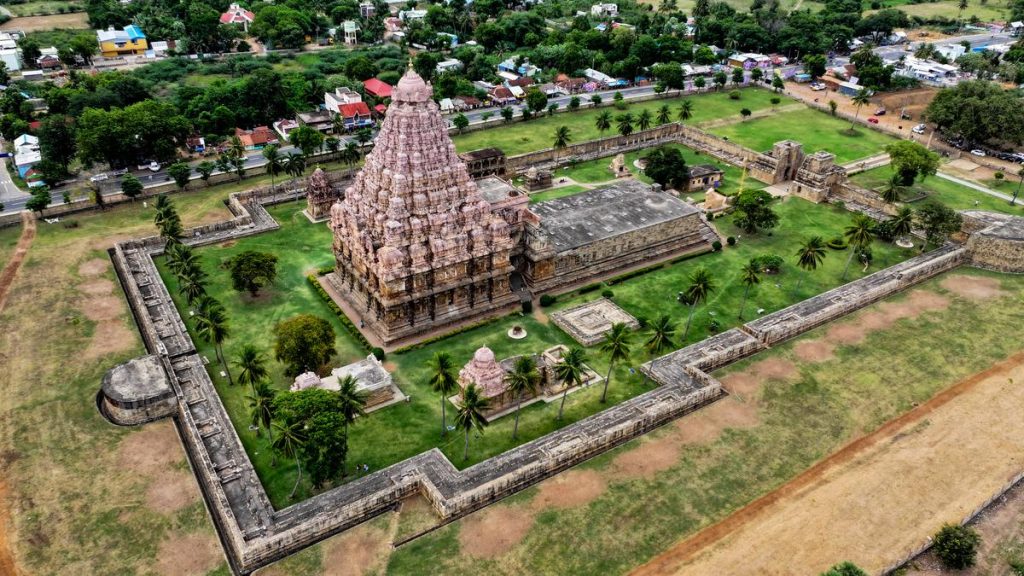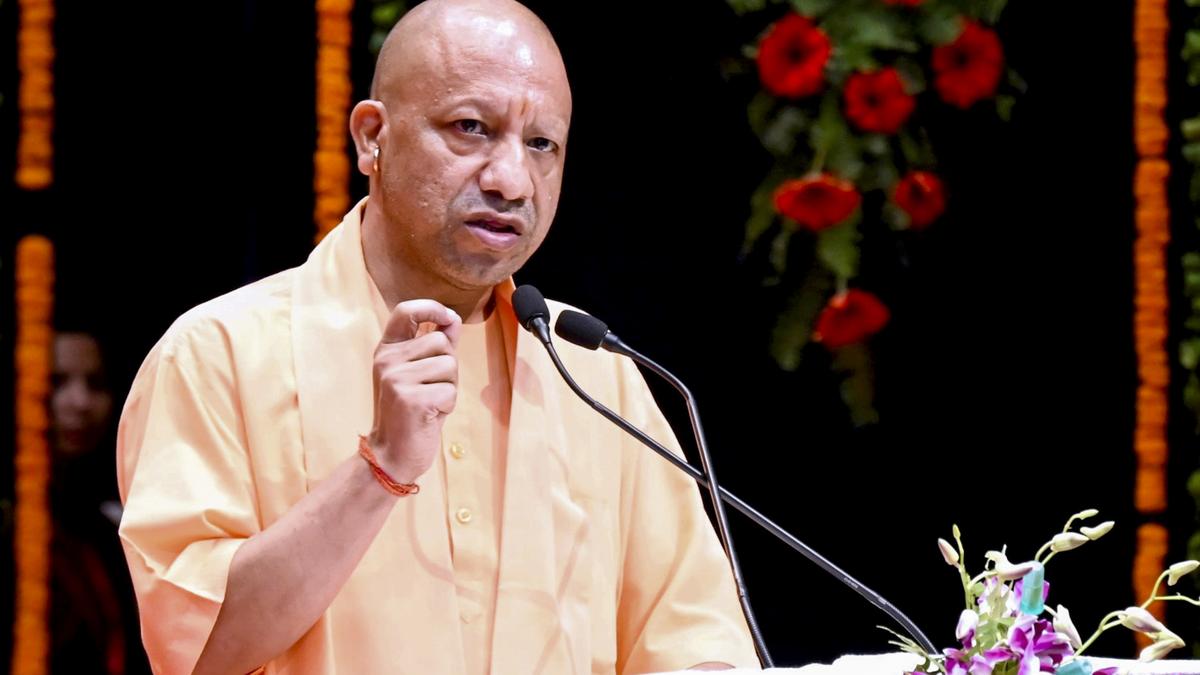Now Reading: 7/11 Acquittals: Inside the Legal Team’s 19-Year Fight for Justice
-
01
7/11 Acquittals: Inside the Legal Team’s 19-Year Fight for Justice
7/11 Acquittals: Inside the Legal Team’s 19-Year Fight for Justice
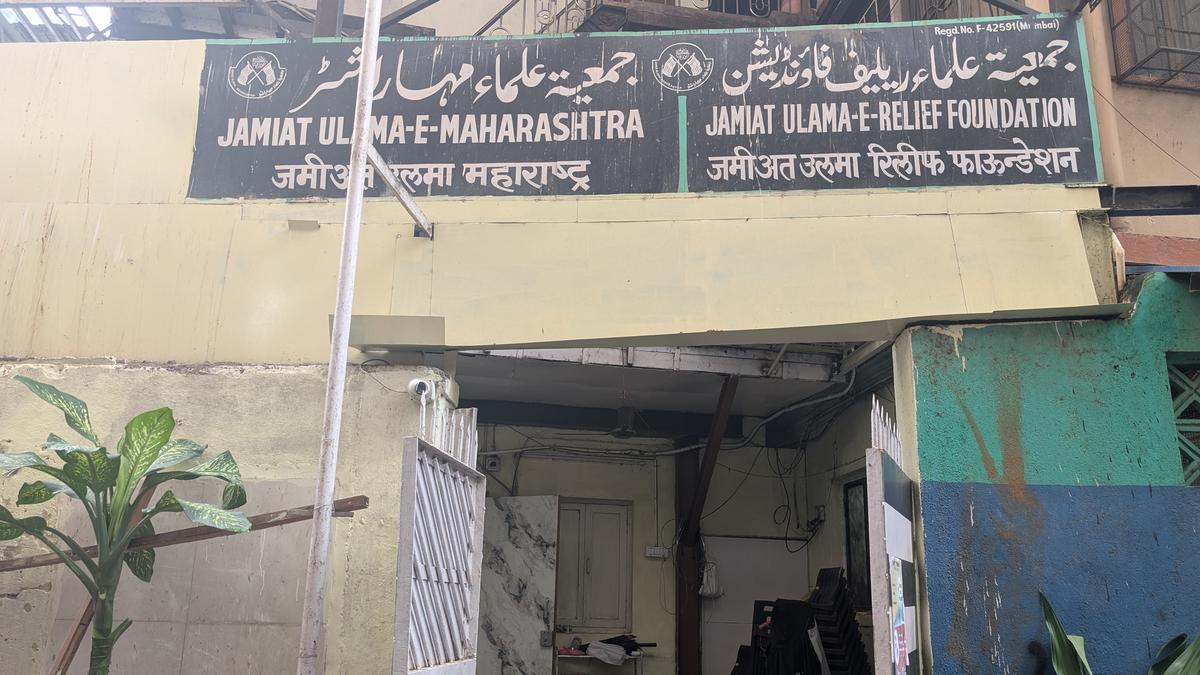
Quick Summary
- Bombay High Court Decision: The Bombay High court acquitted 12 individuals previously convicted in the 11 July, 2006 Mumbai serial train blasts that killed 187 and injured over 800 people. The court ruled that the prosecution failed to establish guilt beyond reasonable doubt.
- Earlier Convictions Overturned: A Special MCOCA court had sentenced five of them to death and seven to life imprisonment in a judgment passed in 2015. This has now been set aside by the High Court.
- Stay by Apex Court: While acquittals will stand, the Supreme Court has stayed using this judgment as a precedent for othre MCOCA cases pending further hearings.
- Legal Depiction: Jamiat Ulama-i-Hind provided free legal aid to the acquitted individuals through their legal cell, which specializes in helping wrongfully accused Muslims, particularly those facing terrorism charges under stringent laws such as POTA, MCOCA, and UAPA.
- Track Record of Legal Cell: The cell has freed over 318 accused across India in terror-related cases as its establishment.
- Accountability Concerns Raised: Representatives from Jamiat have called for systemic accountability from investigative agencies while highlighting justice still needs to be served for blast victims.
Indian Opinion Analysis
The Bombay High Court’s verdict raises serious concerns about flaws within India’s criminal justice system when it comes to investigating high-profile terrorism cases. The court’s remarks on an “utterly failed” prosecution underscore systemic issues such as lapses in evidence collection or adherence to procedural fairness-which may lead not only to wrongful arrests but also hinder real perpetrators being brought to justice.
This case highlights dual challenges for india’s judiciary-ensuring protection of individual rights while addressing national security concerns effectively.Innocent citizens must not bear undue victimization under draconian statutes like MCOCA or UAPA; yet fairness toward accused does not diminish responsibility toward victims seeking closure amidst stalled investigations into actual culprits. Calls for accountability serve as potentially constructive critiques aimed at strengthening institutional mechanisms involved.Moreover, organizations like Jamiat Ulama-i-Hind represent grassroots efforts bridging social inequities within legally underserved communities-a reminder of civil society’s role supplementing access gaps despite requiring rigorous vetting processes themselves. balancing public safety imperatives alongside human rights reiterates core democratic values critical for India moving forward.
Learn More here.


